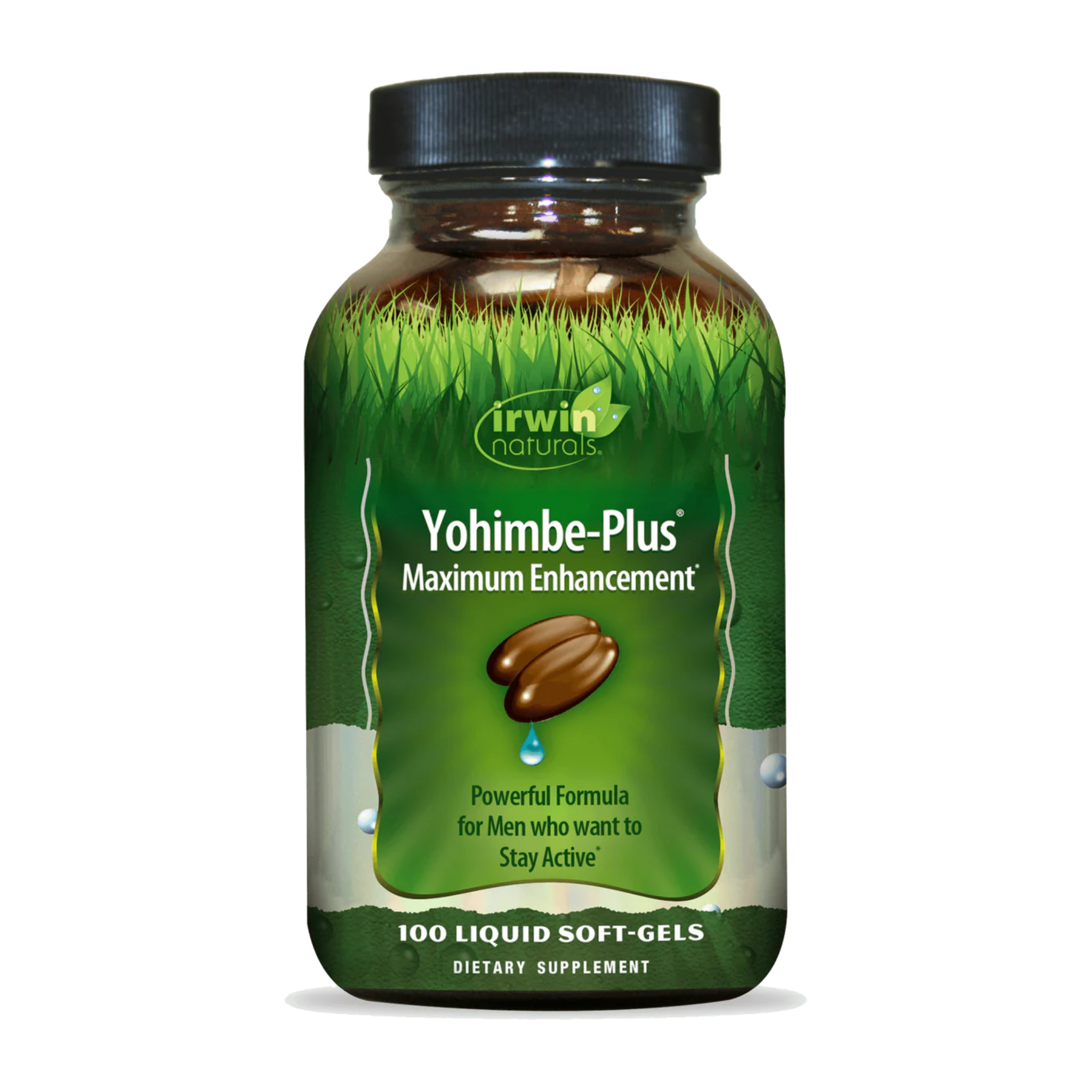Stress is a constant companion in today's fast-paced world, and how we respond to it can significantly impact our health. While we can’t always control the stressful events that come our way, we do have the power to change how our bodies react to stress. One effective way to shift our stress response is by developing resilience—and even the ability to thrive—through nature's healing gifts. Apoptogenic and nervine herbs offer a powerful means of relieving stress and restoring balance to our minds and bodies.
Understanding Stress: Your Body's Alarm System
Did you know that our bodies are equipped with an ancient stress-response system that works much like an alarm? Whether it’s a looming deadline, a tense conversation, or being stuck in traffic, your body reacts to stress the same way it would if facing a predator. This automatic response is wired into our physiology and is managed by the hypothalamic-pituitary-adrenal (HPA) axis, which releases stress hormones like cortisol. While this response is critical in life-threatening situations, prolonged activation—like a never-ending alarm—can have damaging effects on your health.
Ideally, after encountering stress, we would process it, deal with it in the moment, and return to a state of calm. However, many of us find ourselves stuck in a chronic state of heightened alertness. This ongoing stress response, much like an alarm blaring all day, can wear down our bodies and lead to long-term health issues.
Stress isn't a one-size-fits-all experience, though. Just as our fingerprints are unique, so too are the ways we experience stress. Some people feel it in their emotions—racing thoughts, worry, and anxiety—while others experience physical manifestations, such as muscle tension or digestive issues.
Emotional Stress: Soothing the Mind
If stress primarily affects you emotionally, nervine herbs can offer much-needed relief. Skullcap and Motherwort are two such herbs that can help quiet racing thoughts and calm emotional turmoil. Motherwort, often called the "lion-hearted herb," is particularly effective during times of transition or overwhelming stress, grounding scattered energy and promoting emotional balance. Known for its soothing effects on the heart, Motherwort also supports cardiovascular health, making it especially valuable for stress-related heart conditions.
Skullcap, on the other hand, is a wonderful herb for calming an anxious mind and alleviating tension. It’s particularly helpful when stress prevents you from relaxing or getting a good night’s sleep. Research suggests that Skullcap contains compounds that interact with the brain's receptors, reducing anxiety and promoting a sense of calm.
Physical Stress: Supporting the Body’s Resilience
When stress manifests physically, such as through muscle tension or fatigue, adaptogens can provide significant relief. adaptogens herbs like Ashwagandha work on a deeper level to help your body adapt to and manage stress. Ashwagandha, an ancient herb used in Ayurvedic medicine, helps regulate cortisol levels, supports mental clarity, and improves sleep quality. Its gentle yet powerful effects build physical resilience over time, helping you better handle stress.
The Best Herbs for Stress Relief
Nature offers two distinct categories of herbs that support stress management: adaptogens and nervines.
-
Adaptogens are long-term allies that help your body become more resilient to stress. These herbs reduce symptoms gradually while building stamina and endurance, so you can handle stress more effectively over time.
-
Nervines, in contrast, offer quick, soothing relief. These herbs calm your nervous system in the moment, helping you regain balance and find calm when stress feels overwhelming.
Top Adaptogenic Herbs:
-
Ashwagandha: Known for its ability to regulate cortisol and improve both physical and mental well-being. It’s perfect for managing chronic stress and promoting overall vitality.
-
Holy Basil (Tulsi): Revered in Ayurvedic medicine as "The Queen of Herbs," Holy Basil helps maintain emotional equilibrium while supporting cognitive function. It promotes a sense of inner peace and presence, helping you stay grounded amid stress.
Top Nervine Herbs:
-
Motherwort: Known as the "lion-hearted herb," Motherwort is perfect for calming emotional stress and grounding scattered energy, especially during major life changes.
-
Skullcap: A go-to herb for calming an overactive nervous system. It’s ideal for reducing anxiety and improving sleep quality, helping you relax and unwind.
Lifestyle Factors for Stress Management
While herbs are incredibly helpful, they work best when combined with a holistic approach to stress management. Think of managing stress like tending a garden—various elements need to come together for the best results. Regular exercise, a balanced diet with plenty of protein, consistent sleep patterns, and mindfulness practices create a foundation of resilience, allowing herbal remedies to work more effectively.
Start your day with a cup of Holy Basil tea, unwind in the evening with Ashwagandha, and keep a nervine blend on hand for moments of heightened stress. For rapid relief, tinctures are a fantastic option. These liquid extracts are absorbed quickly, providing immediate support. Keep them in your bag, car, or desk for when you need them most.
Adaptogens require consistent use over time to show their full benefits, so be patient and allow 2-3 weeks for noticeable effects.
Final Thoughts
Everyone’s stress response is unique, and finding the right combination of herbs and practices to suit your needs may take some trial and error. The key to managing stress effectively is consistency. By paying attention to how your body responds to stress and adjusting your approach accordingly, you can build resilience over time and find calm in the chaos.
DISCLAIMER: This Blog is not intended to provide medical diagnoses. Always consult with a healthcare professional for personalized advice.






















